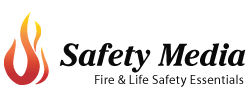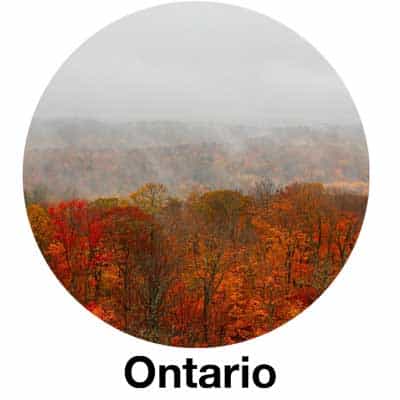Fire Code Compliance: Your First Line of Defense
Posted by Safety Media Inc on 2024 Jun 6th
In the United States and Canada, the fire code (also fire prevention code or fire safety code) is a model code adopted by the state, provincial or local jurisdiction and enforced by fire prevention officers within municipal fire departments. It is a set of rules prescribing minimum requirements to prevent fire and explosion hazards arising from storage, handling, or use of dangerous materials, or from other specific hazardous conditions. It complements the building code. The fire code is aimed primarily at preventing fires, ensuring that necessary training and equipment will be on hand and that the original design basis of the building, including the basic plan set out by the architect, is not compromised. The fire code also addresses the inspection and maintenance requirements of various fire protection equipment in order to maintain optimal active fire protection and passive fire protection measures.
A typical fire safety code includes administrative sections about the rule-making and enforcement process, and substantive sections dealing with fire suppression equipment, particular hazards such as containers and transportation for combustible materials, and specific rules for hazardous occupancies, industrial processes, and exhibitions.
Sections may establish the requirements for obtaining permits and specific precautions required to remain in compliance with a permit. For example, a fireworks exhibition may require an application to be filed by a licensed pyro-technician, providing the information necessary for the issuing authority to determine whether safety requirements can be met. Once a permit is issued, the same authority (or another delegated authority) may inspect the site and monitor safety during the exhibition, with the power to halt operations, when unapproved practices are seen or when unforeseen hazards arise.
List of some typical fire and explosion issues in a fire code:
- Fireworks, explosives, mortars and cannons, model rockets (licenses for manufacture, storage, transportation, sale, use)
- Certification for servicing, placement, and inspecting fire extinguishing equipment
- General storage and handling of flammable liquids, solids, gases (tanks, personnel training, markings, equipment)
- Limitations on locations and quantities of flammables (e.g., 10 litres of gasoline inside a residential dwelling)
- Specific uses and specific flammables (e.g., dry cleaning, gasoline distribution, explosive dust, pesticides, space heaters, plastics manufacturing)
- Permits and limitations in various building occupancies (assembly hall, hospital, school, theatre, elderly care, child care, that require a smoke detector, sprinkler system, fire extinguisher, or other specific equipment or procedures
- Removal of interior and exterior obstructions to emergency exits or firefighters and removal of hazardous materials
- Permits and limitations in special outdoor applications (tents, asphalt kettles, bonfires, etc.)
- Other hazards (flammable decorations, welding, smoking, bulk matches, tire yards)
- Electrical safety codes such as the National Electrical Code (by the National Fire Protection Association) for the U.S. and some other places in the Americas
- Fuel gas code
Source: Wikipedia.com
Resources
 Regulatory Body Website
Regulatory Body Website
Get up to speed with the latest fire and life safety requirements with NFPA 1, Fire Code.
The hazards and challenges of preventing, preparing for, and fighting fire and related dangers are continually evolving. NFPA 1, Fire Code, 2021 edition, offers the most current and complete information for advancing public and first responder safety and reducing the loss of life and property.
 Regulatory Body Website
Regulatory Body Website
The International Fire Code ® (IFC®) establishes a minimum requirement for fire prevention and fire protection systems using prescriptive and performance-related provisions.
 Regulatory Body Website
Regulatory Body Website
National Fire Code of Canada 2020
The National Fire Code of Canada 2020 (NFC), published by NRC and developed by the Canadian Commission on Building and Fire Codes, sets out the technical provisions regulating activities related to the construction, use or demolition of buildings and facilities, the condition of specific elements of buildings and facilities, and the design or construction of specific elements of facilities related to certain hazards as well as the protection measures for the current or intended use of buildings.
 Regulatory Body Website
Regulatory Body Website
Occupational Safety and Health Administration (OSHA) Fire Safety
This page provides valuable reference materials for prevention of fire-related injuries in all workplaces.
Fire Codes By Location
 CAD
CAD
 USD
USD




